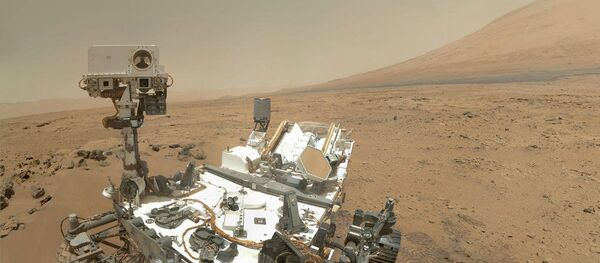According to a recent analysis piece in the Washington Post, the number of satellites orbiting the Earth has increased 40% in the past five years, currently standing at almost 1,400 known devices. Tech companies struggling to cope with the soaring demands of the communications industry are regularly sending new satellites into space, Stroup said.
One Web, for example, intends to build and launch a “constellation” of some 650 small satellites by 2019 to "be able to provide broadband communication services” worldwide.
“The real issue,” said Stroup, “is not the number of the satellites that are operated nowadays, but the projection of a number of satellites that will be operated in the next five years. There are potential constellations of well over 5,000 additional satellites that have been announced.”
“A satellite is a functioning piece of equipment, space junk could be something man-made, or something that existed naturally, and could have the potential to create problems, if there is a collision with existing satellites,” he said.
Stroup suggests that a system to regulate satellite placement, as well as use, would dramatically lessen the physical risks of accidents in space for rapidly expanding communication markets.
“There is cooperation that takes place among commercial satellite operators nowadays,” Stroup said, explaining that the US Department of Defense provides warnings and updates. “And then those companies have the opportunity to coordinate.”
The problem, he suggests, is that the Pentagon is not authorized to order the operators to move satellites to prevent a collision.
“So there are discussions of what would be the right entity; and the one that gets the most attention right now is FAA, which, in the US, is responsible for the control of airplanes. They don’t have the jurisdiction to [regulate space devices]. So there are discussions in Congress on the potential of giving them that jurisdiction.”
Space traffic rules must be created, he said, to lower the possibility of negative impact on global business, especially in light of Russia, China, India, and others rapidly developing satellites and space programs.
“Whatever kind of regulatory regime is adopted, it should be endorsed by other nations in the world,” he remarked.




